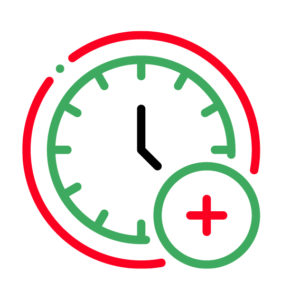Our five-point-plan.
In the debate on the pension system, it is already clear that the CSV-DP government, pushed by the employers, is preparing an unprecedented social breakdown. Against this ideological attack, déi Lénk proposes a five-point programme that not only preserves but strengthens the system.

Abolish the contribution cap.
Currently, high earners only pay contributions on a portion of their salary, as contributions are capped at five times the minimum social wage. We want to abolish this cap without an equivalent increase in benefits.

Extend the obligation to contribute to all elements of work.
No contributions are levied on certain elements of work, such as overtime or professional income of people over the age of 65. We believe that the obligation to contribute should be extended to all elements of work. Measures 1 and 2 contribute 814 million euros to the pension fund.

Outsourcing pension fund costs and salaries.
Currently, the administrative expenses and salaries of the National Pension Insurance Fund, which are not directly related to the payment of pensions, are paid for by our contributions. We would like these costs to be outsourced, in order to save around 220 million euros in expenditure.

Reverse the 2012 reform.
The 2012 reform automatically led to a deterioration of the pension system. We therefore wish to partially reverse this reform.

Increase the minimum wage to the level op the minimum wage.
Poverty among the elderly is increasing rapidly, particularly because the minimum pension is below the poverty line. We are calling for an increase in the minimum pension to the level of the minimum wage.











